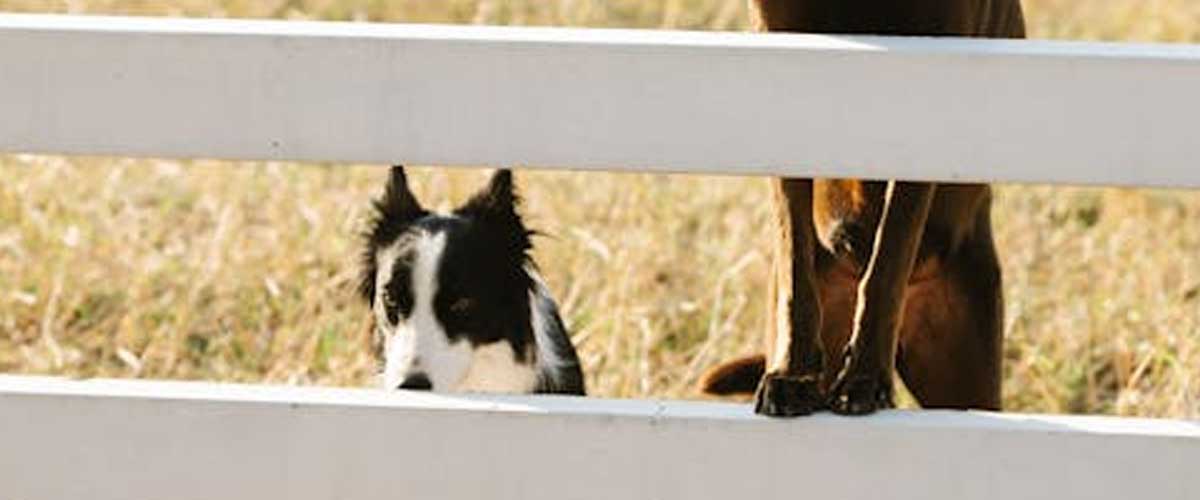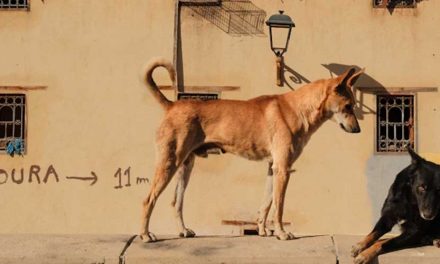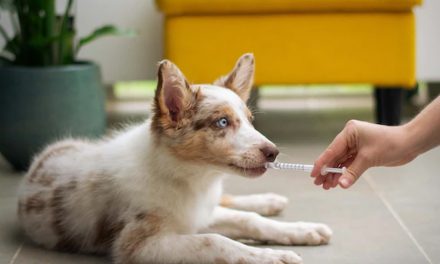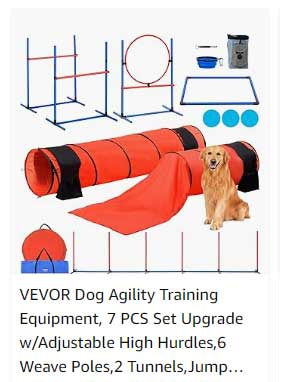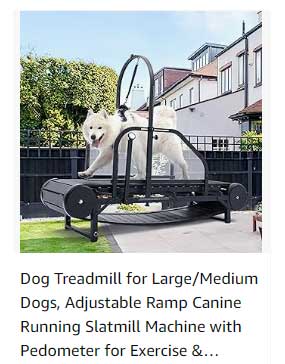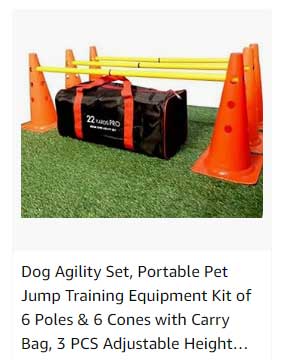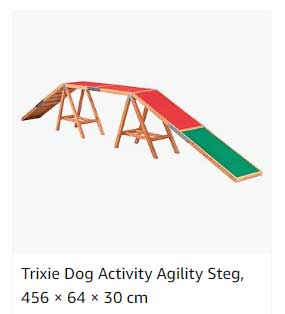Farm dogs have been integral to agriculture for centuries, serving as loyal companions and invaluable helpers on farms worldwide.
These dogs are not just pets; they play crucial roles in managing livestock, protecting property, and providing companionship to farmers.
Understanding their characteristics, training, and welfare needs is essential for anyone involved in farming.
The Roles of Farm Dogs
1. Herding and Livestock Management:
One of the primary roles of farm dogs, particularly breeds like Border Collies and Australian Shepherds, is herding livestock.
These dogs have an innate ability to guide and move animals, making it easier for farmers to manage large groups of sheep, cattle, or goats.
With their keen instincts and agility, they can efficiently control the movements of herds, ensuring safety and organization.
2. Guarding and Protection:
Farm dogs are also employed to protect property and livestock from potential threats, such as wild animals or intruders.
Breeds like Great Pyrenees and Anatolian Shepherds are known for their protective instincts and are often seen patrolling farms, keeping vigilant watch over their domains.
3. Companionship:
Beyond their working abilities, farm dogs provide companionship to farmers and their families.
The bond between a farmer and their dog can be incredibly strong, offering emotional support and friendship during long hours of work.
Their presence can alleviate loneliness and enhance the overall experience of farm life.
Selecting the Right Farm Dog
When choosing a farm dog, several factors should be considered:
Breed Characteristics:
Different breeds have various traits that might make them more suitable for specific tasks.
For herding, agile breeds with strong instincts are preferable, while guarding may require larger breeds with protective natures.
Temperament:
A farm dog should be adaptable, friendly with livestock and humans, and have a good temperament for working long hours.
The dog’s energy level should match the farmer’s lifestyle and work requirements.
Training and Socialization:
It’s vital for farm dogs to be well-trained and socialized.
A good training regimen introduces basic commands and behavior management, ensuring the dog can perform tasks effectively while interacting safely with other animals and humans.
Training Tips for Farm Dogs
Training a farm dog can be a rewarding experience but requires consistency and patience:
1. Start Early:
Introduce commands and training exercises while the dog is still a puppy.
Early socialization with livestock and other animals teaches them how to react in various situations.
2. Positive Reinforcement:
Use treats and positive reinforcement to encourage good behavior.
A happy and motivated dog learns faster and enjoys their work more.
3. Work on Specific Tasks:
Practical training should focus on the specific tasks the dog will perform on the farm, whether herding, guarding, or general assistance.
4. Regular Exercise:
Farm dogs need physical and mental stimulation to stay healthy and happy.
Ensure they have ample opportunities to run, play, and explore their environment.
Ensuring the Well-Being of Farm Dogs
The welfare of farm dogs should be a top priority.
Here are some considerations:
Safe Living Environment:
Provide shelter, access to clean water, and protection from harsh weather conditions.
Ensure that the dog has a designated space where it can retreat when needed.
Regular Veterinary Care:
Routine vet visits for vaccinations, check-ups, and parasite control can prevent health issues that could hinder a dog’s ability to perform its duties.
Social Interaction:
Encourage interaction with both livestock and humans to promote well-being and socialization.
Keeping the dog engaged helps to reduce stress and behavioral problems.
Conclusion
Farm dogs are more than just working animals; they are dedicated partners in the daily rhythm of farm life.
By understanding their unique needs, roles, and characteristics, farmers can nurture these remarkable animals, ensuring both their effectiveness and happiness in the challenging yet rewarding world of agriculture.
Whether driving sheep to pasture or lounging in the sun, farm dogs embody the spirit of hard work and companionship found on the farm.

